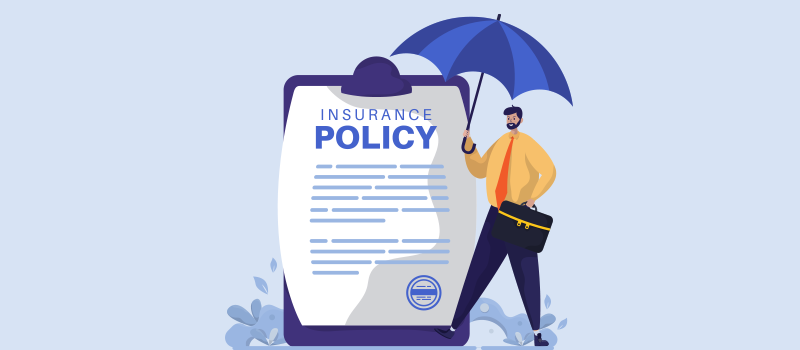What’s the Buzz
The Bee Healthy Blog
What is Self-Pay Insurance?

-
Insurance self-pay or self-funded insurance refers to health plans that employers take out on behalf of their employees. The employer assumes most or all of the cost of healthcare for their employees.
-
Employers pay a specific amount every month towards the expected health care of their employees. At the end of the year, any leftover amount is usually returned to the employer.
-
Self-insurance allows employers to provide health insurance coverage to their employees with fewer eligibility requirements and less regulation.
Getting self-pay insurance coverage through your employer is an alternative to traditional health insurance policies. It’s not the same thing as self-paying for healthcare. Please continue reading to learn more about traditional health plans versus these other means of paying for healthcare.
What are self-pay patients?
Self-pay patients are people who are uninsured. This may be because people cannot afford medical insurance. However, some people choose not to get a health plan. Instead of relying on medical insurance from an insurance provider, they pay for their own healthcare costs directly out of pocket. Learn more about “Why do healthy people need insurance?”
Self-pay makes sense for people who need occasional and basic health care. With insurance premiums and deductibles rising, self-pay may be the more affordable option for such individuals. They may be able to control costs by paying out-of-pocket instead of paying an insurance premium and then waiting to reach their deductible before insurance kicks in to pay claims.
Is it better to self-pay or have health insurance from an insurance company?
Advantages of self-pay include:
-
You bypass the monthly cost of insurance premiums as well as deductibles and co-pays.
-
You don’t have any recurring expenses of health plan premiums. You only pay for the health care you need.
-
There’s more control and flexibility, including the freedom to choose providers and hospitals. This often results in improved patient satisfaction.
-
There’s no need for pre-approvals from the insurer before a treatment or referral.
-
You can get treatment for any condition and get any treatment you want without policy exclusions. There are no exclusions for chronic or pre-existing conditions.
-
You may get discounts on cash prices and be able to shop around for the lowest prices for a service.
The biggest disadvantage of self-paying for medical care is that you are not protected in catastrophic circumstances, such as accidents, hospitalization, or major surgery.
Should you require expensive medical care, such as a complicated procedure and care in the hospital, or develop a chronic condition that requires ongoing treatment, the entire cost of your medical care is your responsibility.
If there are complications during treatment, you are responsible for all future costs of treatment. Also, some providers do not accept self-pay patients without advance payment.
What does insurance self-pay mean?
Insurance self-pay is also called self-insurance or self-funded insurance. It refers to health plans that employers take out with insurers on behalf of their employees. The insurance company provides services such as managing the payments, but it is the employer who pays the benefits (claims). Therefore, in a self-pay insurance plan, the employer assumes most or all of the cost of healthcare for their employees.
Unemployed? Learn how to get health insurance without a job.
How does a self-funded insurance plan work?
Employers pay a specific amount every month towards the expected health care of their employees.
Employees visit doctors for outpatient services, seek health care from specialists, get procedures done at hospitals, and get prescriptions filled at pharmacies that are in the plan’s network.
The payment for a claim bill is made directly from the pool of money in the employer’s account.
At the end of the year, the health care costs paid by the employer are reviewed against the total claims paid out. Any leftover amount is usually returned to the employer after the insurance company retains an administrative fee as outlined in the plan arrangement.
For example, if an employer pays $10,000 monthly cost towards self-pay insurance ($120,000 in a year), and the total annual claims are $100,000, the leftover year-end balance of $20,000 will be split between the employer and insurance company (for example, $15,000 returned to the employer after $5,000 is retained by the insurance company towards administrative fees).
What is the purpose of self-insurance?
-
Self-insurance allows employers to provide health insurance coverage to their employees and help them meet health care costs.
-
These plans are subject to fewer eligibility requirements and less regulation. They are more flexible than private health plans or federal and state medical assistance programs like Medicare or Medicaid.
-
At the end of the year, employers get any leftover funds back and can use them for other business expenses.
-
Self-insurance still has the benefit of having a network of doctors, specialists, and hospitals and a contract with an insurance provider to determine prices.
Struggling to pay for prescriptions? Check out “7 Programs to Help Pay for Medications.”

SOCIAL